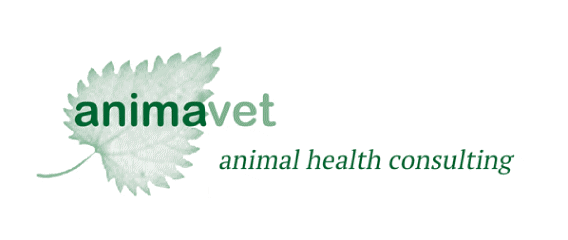
Christine King BVSc, MANZCVS (equine), MVetClinStud
Hendra: why not just go ahead and vaccinate?
Risks
Vaccination status
An important risk factor that is unique to the HeV vaccine is the fact that many equine vets in coastal Qld and NSW won’t come out to see a sick horse if the horse isn’t currently vaccinated against HeV. So, there is risk in not being able to find a vet when you urgently need one if you decide not to vaccinate or not to continue vaccinating against HeV.
- There are a couple of different reasons why vets make this decision. One is for their own safety and that of their staff, families, and own horses. Another is to avoid legal trouble: some vets have had to pay huge fines for not taking what the government considered "appropriate" steps to protect human health. For whatever reason, this decision is not made lightly. No responsible vet wants to leave an animal in need of medical attention.
There are a few vets (like me) who will treat unvaccinated horses or horses whose vaccination status is lapsed or unknown. Others will come see the horse but, depending on the circumstances, may insist on running a HeV exclusion test before proceeding. It very much depends on the reason for the visit. For example, lacerations are treated much differently than colics, because a cut is not a sign of HeV infection whereas colic can be.
This particular risk (not being able to get a vet out in an emergency) is serious enough to warrant consideration. Is it enough on its own to tip the scales in favour of vaccinating? That may depend on where you live and what veterinary resources you have available.
One thing I suggest you do before making this decision is to call around to the equine vets who service your area and ask about their HeV vaccination policy. Then compile a list of vets who will come out on emergency if you decide not to vaccinate or not to continue vaccinating against HeV. To be thorough, also call the equine hospitals with surgical facilities in your area and ask about their Hendra policy. Make note of those who will accept, at least on a case-by-case basis, horses who are not currently vaccinated against HeV.
Incidentally, some equestrian event organisers also require proof of current HeV vaccination in order for the horse to enter the grounds and participate. It's up to you whether to support such events.
It would be very good if HeV antibody testing became commonplace and the standard of care for horses in coastal Queensland and New South Wales.
- Currently, the HeV ELISA test is about the same cost as a dose of the HeV vaccine, although this test just provides a positive/negative result (it simply tests for presence/absence of HeV antibodies).
- The HeV virus neutralisation test is much more expensive but it provides a numerical result (a titre).
Armed with the results of either test, horse owners can make better vaccination and other management decisions, and equine vets concerned about treating horses who are not fully vaccinated according to Zoetis can have more confidence that they are at low risk of contracting or spreading HeV from these horses.
Read on...
Risks
- the virus
- the 'vector' (flying foxes)
- the vaccine
- vaccination status
Benefits
© Christine M. King, 2020. All rights reserved. Last updated 20 August 2020.